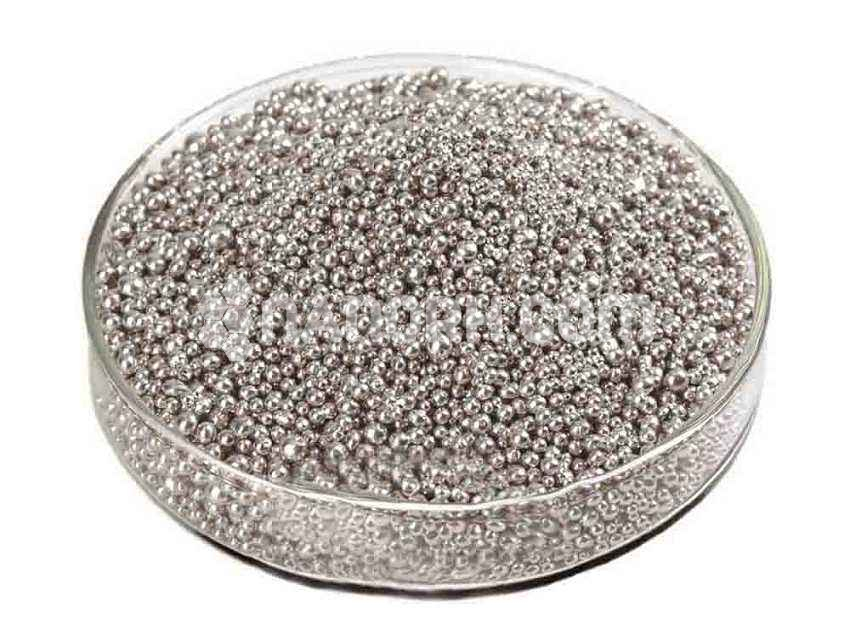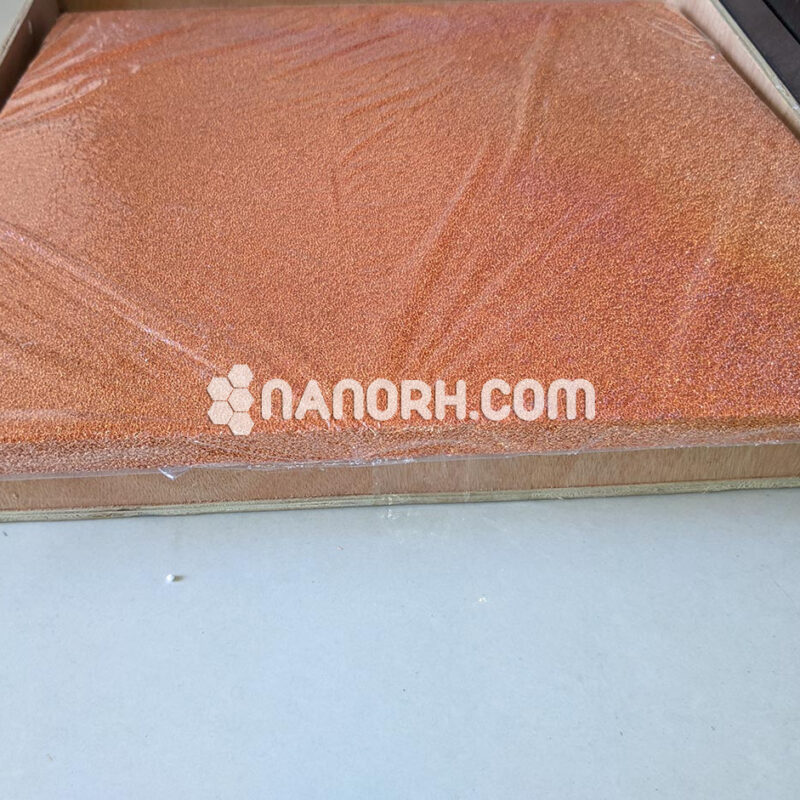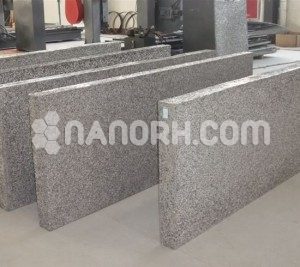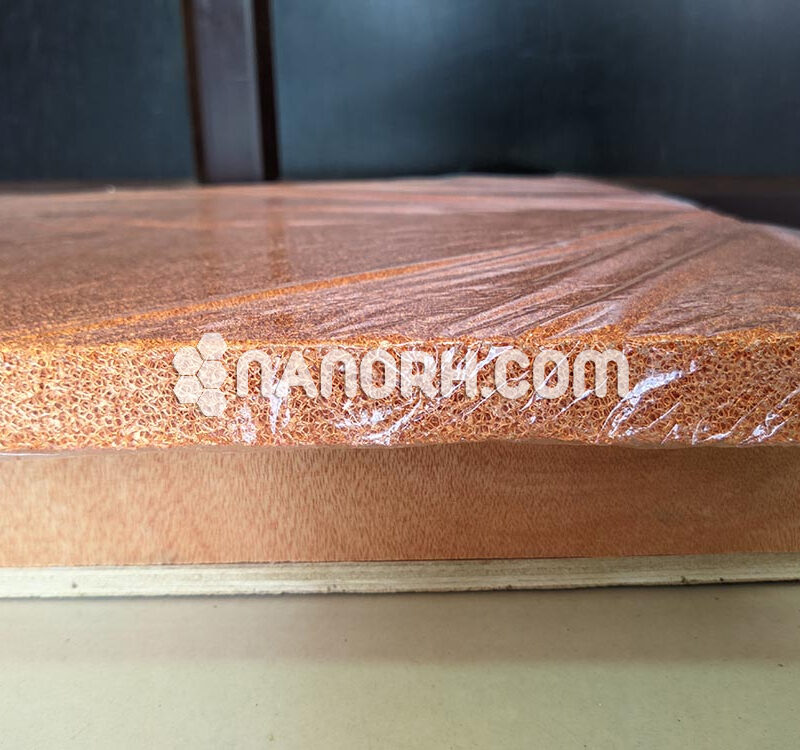Gallium Chips (Ga, Purity: >99.95%, APS: 1-5mm)
| Gallium Chips | |
| Product No | NRE-52013 |
| CAS No. | 7440-55-3 |
| Formula | Ga |
| Purity | >99.95% |
| Size | 1-5mm |
| Color | Grayish |
| Molecular Weight | 69.74g/mol |
| Density | 5.9g/cm3 |
| Melting Point | 298°C |
| Boiling Point | 2403°C |
| Thermal Conductivity | NA |
Gallium Chips
Gallium chips, which are small, solid pieces of gallium metal, have a variety of specialized applications across several fields due to gallium’s unique properties, including its low melting point and its role in forming important compounds.
Electronics and Semiconductors
Gallium Arsenide (GaAs) Semiconductors: Gallium chips are used to produce gallium arsenide, a semiconductor material known for its high electron mobility. GaAs is used in high-speed electronics, microwave and millimeter-wave circuits, and optoelectronics, including LEDs and solar cells.
Gallium Nitride (GaN) Semiconductors: Gallium chips are used in the production of gallium nitride, which is crucial for high-power and high-frequency electronic devices. GaN is used in LEDs, power transistors, and RF amplifiers.
Optoelectronics
LEDs and Lasers: Gallium is used in the production of light-emitting diodes (LEDs) and laser diodes. Gallium-based compounds, such as GaN and GaAs, are key materials for these devices due to their efficient light-emitting properties.
Solar Cells: Gallium is used in high-efficiency solar cells, particularly in multi-junction solar cells, where gallium compounds help achieve high conversion efficiencies by absorbing different parts of the solar spectrum.
Solar Panels
High-Efficiency Solar Cells: Gallium is used in tandem with other materials to create high-efficiency photovoltaic cells, especially in space applications where efficiency and weight are crucial.
Thermometers
Low-Melting-Point Thermometers: Due to its low melting point (29.76°C or 85.57°F), gallium can be used in specialized thermometers for measuring temperatures close to its melting point.
Alloys
Gallium-Indium Alloys: Gallium is used to create alloys with indium and other metals. These alloys are employed in applications requiring low melting points, such as in heat transfer fluids and in the manufacturing of low-melting-point solder.
Gallium-Based Solder: Gallium-based solders are used in electronics and other precision applications where traditional lead-based solders are not suitable.
Research and Development
Material Science: Gallium chips are used in research to study the properties of gallium and its compounds. This research can lead to advancements in materials science, including the development of new semiconductor materials and alloys.
Chemical Reactions: Gallium is used in research to explore its chemical properties and reactions, which can have implications for developing new materials and chemical processes.




